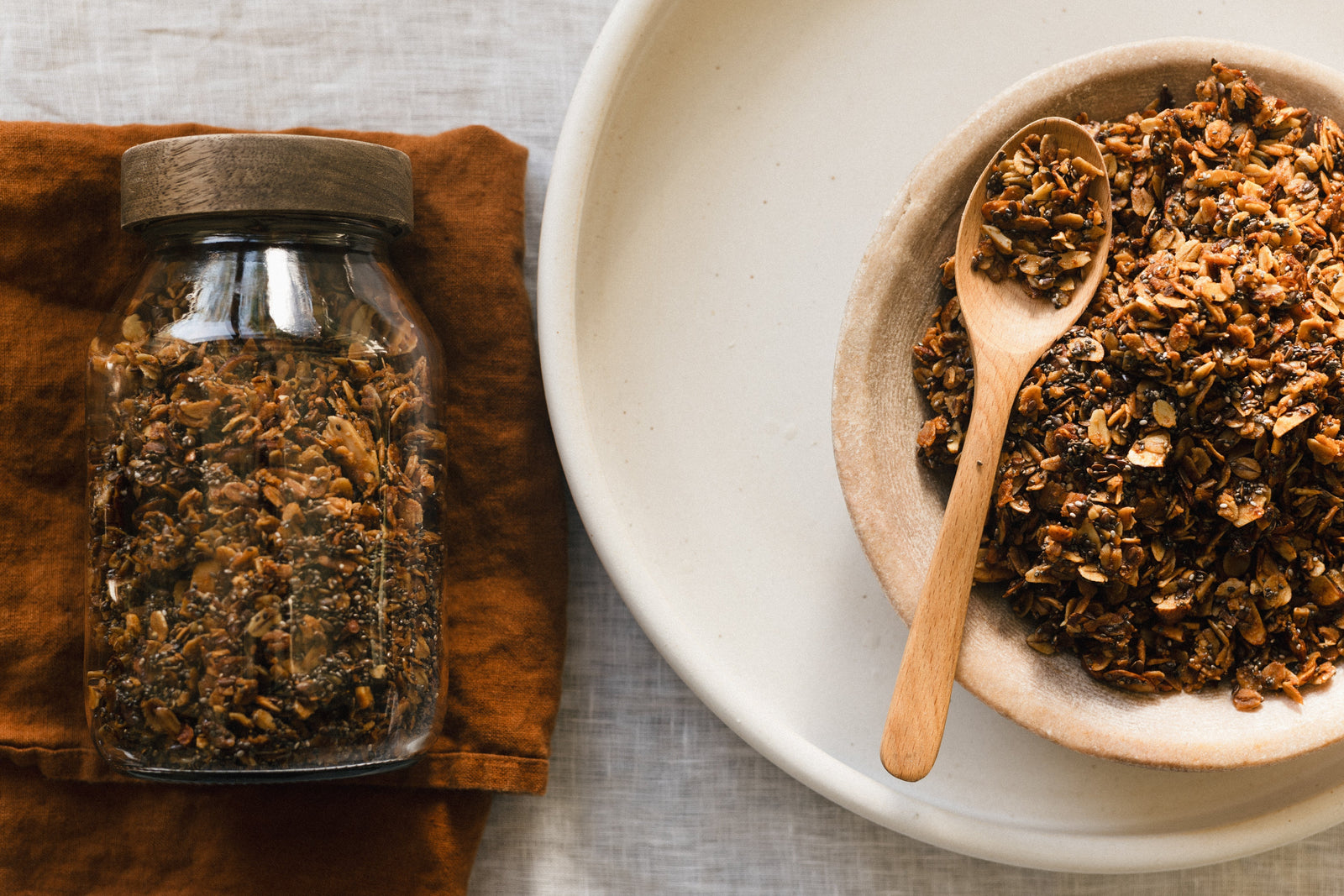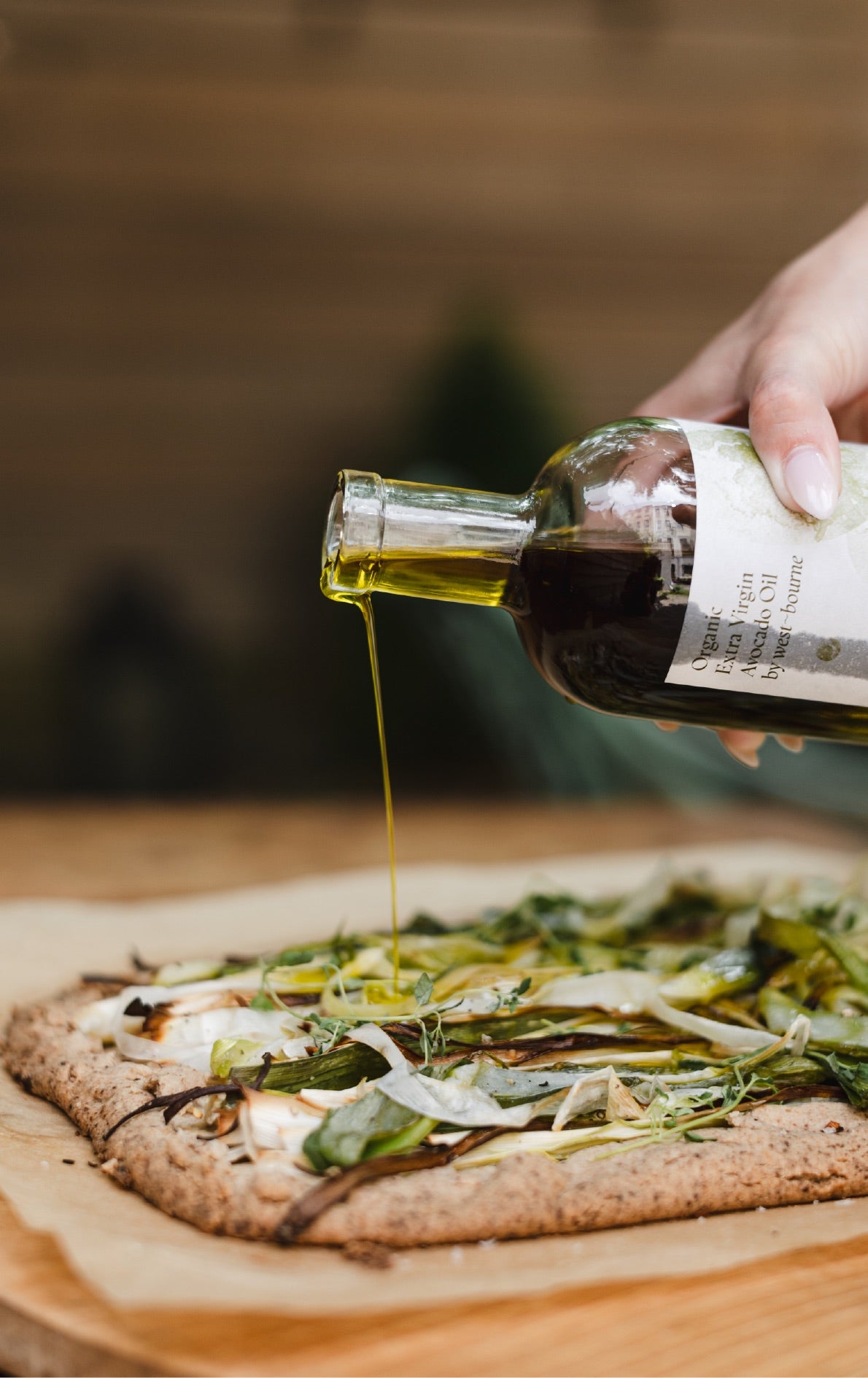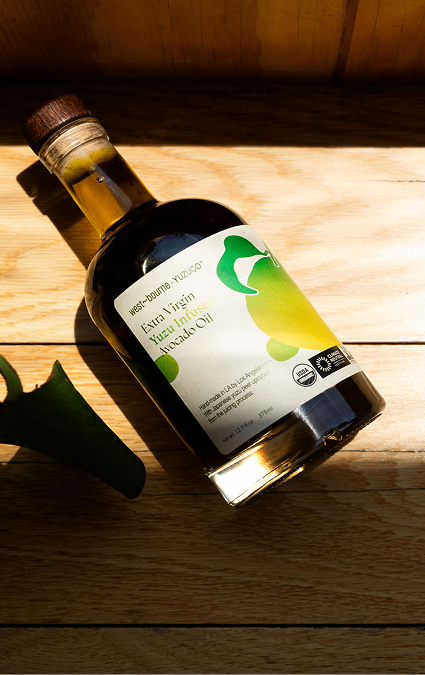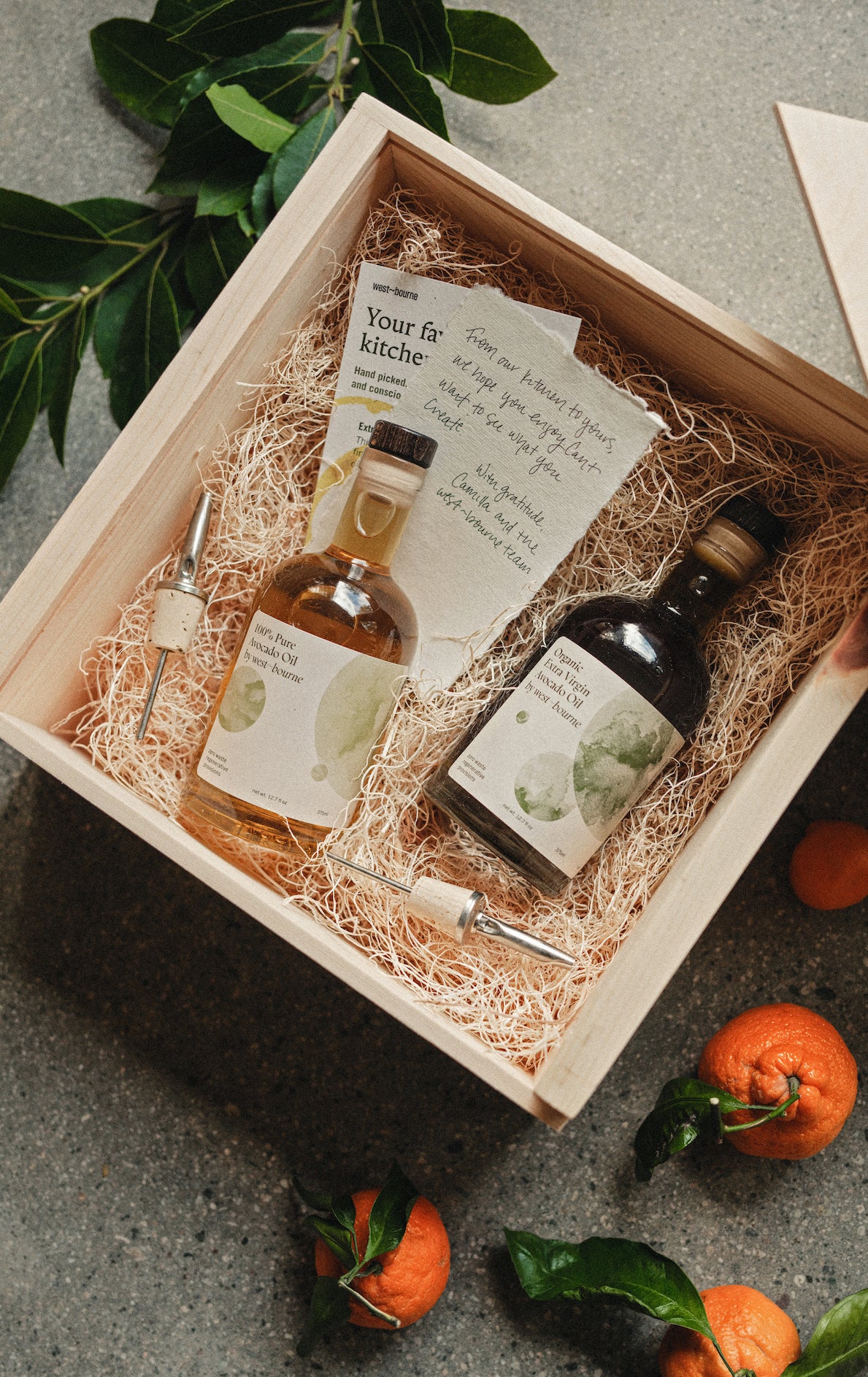V~Into: February 2025

As we endure the coldest time of the year, focusing on revering and nurturing the self and the communities around us becomes more crucial than ever. In February’s V~Into, we indulge in tasty treats, publications and books promoting a more sustainable future, and habits that can give back to the soil and the land we harvest our food from. Read on for our favorite sustainability obsessions this month:
Read: Animal, Vegetable, Miracleby Barbara Kingsolver
In this classic work of culinary nonfiction, Kingsolver documents her and her family’s journey through the decision to eat only food they could grow themselves or obtain locally for an entire calendar year.

Learn:The Third Plate by Dan Barber
Barber’s examination of the modern food industry and ecosystem suggest hopeful changes that can be made for a better future, such as soil health and biodiversity, while championing good quality and taste over shareholder margins.
Support: Imagine 5
This web platform and annual magazine seeks to uplift initiatives, narratives, and individuals working towards a more sustainable planet through food, culture, and lifestyle choices.

Download:TerraCycle
This app combines sustainability and fitness in a one-of-a-kind way: encouraging users to exercise by doling out points based on amount of litter cleaned up during a walk or run.
Munch: Kelp-based snacks
These nutrient-packed munchables, sold in most major grocery chains, help to regenerate ocean biomes while providing a tasty, healthy treat between meals.
Cook: Sweet or Savory Toasty Seeded Granolafrom My Regenerative Kitchen
Our delicious, versatile granola recipe from My Regenerative Kitchencan be prepared a number of ways, to satisfy a sweet tooth with dried fruits and chocolate chips or as a more sumptuous version incorporating tahini and miso.

Watch: Kiss the Ground (2020)
This documentary about restorative agriculture emphasizes the need to respect and restore the health of our soils if we are to create healing and positive forward momentum for our planet’s natural world.

Do: Composting
Quickly becoming more commonplace (and even required) in major cities around the globe, composting is one of the number-one ways we as individuals and as larger communities can take climate change into our own hands and promote soil health while building the infrastructure to take back our culinary ecosystems from corporate interests.







